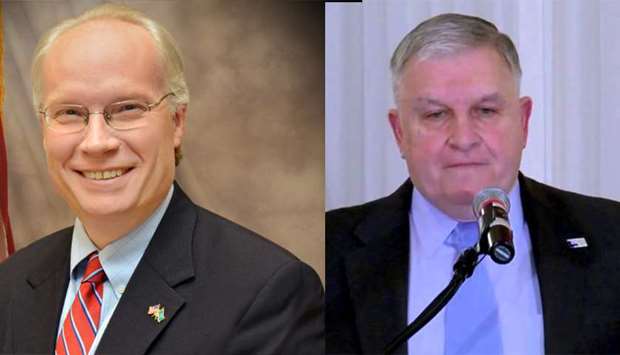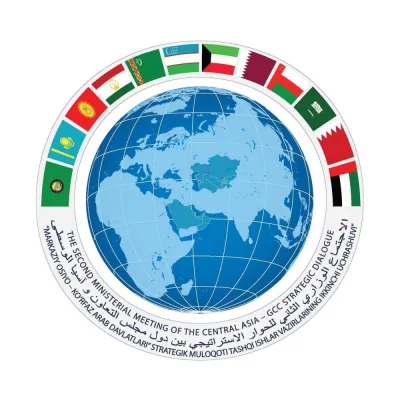*Tillerson deputes State Dept official Timothy Lenderking and retired Gen. Anthony Zinni to support Kuwait's mediation efforts
Two US envoys arrive in the Gulf region this week to meet with officials to help resolve a diplomatic crisis between Qatar and four other Arab countries that has lasted for more than two months, a State Department official said.
Saudi Arabia, the United Arab Emirates, Bahrain and Egypt cut diplomatic and transport ties with Qatar on June 5, accusing Qatar of backing terrorism. Qatar denies that it supports terrorism and there has been no clear sign of a resolution to the diplomatic dispute.
Timothy Lenderking, the US deputy assistant secretary of state for Gulf affairs, and retired US Marine Corps General Anthony Zinni "are in the Gulf region this week to engage with the parties involved and support the Government of Kuwait's mediation efforts," a State Department official said on condition of anonymity.
US Secretary of State Rex Tillerson, whose own trip to the Gulf in July resulted in a US-Qatari accord on combating terrorism financing but no major breakthrough in the dispute, announced Zinni and Lenderking's mission last week.
Zinni's presence would help "maintain a constant pressure on the ground, because I think that's what it's going to take," Tillerson told reporters last week. "There's only so much you can do with telephone persuasion. But we are committed to see this disagreement resolved, restore Gulf unity, because we think it's important to the long-term effort to defeat terrorism in the region."
Zinni, who has not been given any formal role as a US envoy to the countries involved in the dispute, served as commander of US Central Command, which oversees US military operations in the Middle East. Following his military career he served as the US special envoy to Israel and the Palestinian Authority during the George W Bush administration.
From 2009 to 2012, Zinni was chairman of BAE Systems, Inc., the world's third-largest defense contractor, which has substantial operations in Saudi Arabia. He is now chairman of The Spectrum Group, which lobbies the US government on behalf of the defense and other industries.
The diplomatic rift is the worst dispute in decades among the US-allied Gulf Arab states, and came just days after President Donald Trump visited Saudi Arabia and touted US-Arab unity in fighting terrorism finance and Iran's agenda in the region.
Kuwait's Emir Sheikh Sabah al-Ahmad al-Jaber al-Sabah has been holding talks with GCC as well as world leaders to solve the crisis that has entered the third month now.
Qatar has constantly maintained that the differences have to be settled through talks. His Highness the Emir Sheikh Tamim bin Hamad al-Thani in his July 21 address to the nation emphasised Qatar is open for negotiations provided that the country's sovereignty is respected and any solution is binding for all.



